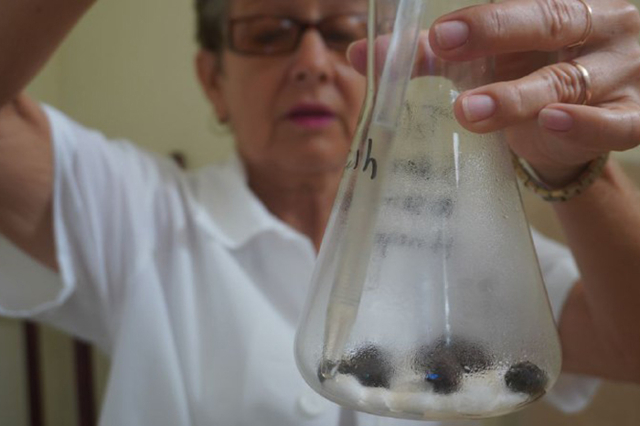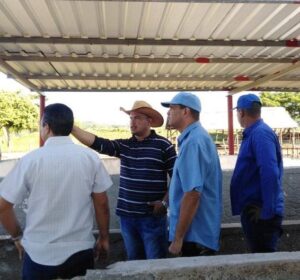Research projects aimed at climate change adaptation and mitigation, disaster risk reduction, natural resource conservation, and achieving food sovereignty are progressing at the Centre for Environmental Engineering and Biodiversity (CIBA) of Ciego de Ávila, an institution with 32 years of service to sustainable development in Cuba.
Yamilé Jiménez Peña, director of this institution, demonstrated in statements to the Cuban News Agency the scientific centre’s commitment to implementing projects and providing scientific-technical services that address provincial and national priorities.
In the Jardines del Rey tourist destination, satisfactory results are being achieved in studies on reptile community behaviour in the Central and Western Ecological Reserve of Cayo Coco, as well as in the rehabilitation of dune ecosystems to promote sustainable tourism.
The Great Northern Wetland of Ciego de Ávila (GHNCA), declared a Ramsar Site since 2002 for its internationally significant values, constitutes another intervention area through an initiative combining integrated environmental management, climate change adaptation and disaster risk reduction.
Jiménez Peña emphasised the significance of GHNCA, whose Coordinating Board was recently activated by the Municipal People’s Power Government in Morón, enabling progress on national and international projects that will ensure preservation and efficient management of this giant natural resource reservoir.
As part of the current implementation programme, results include the characterisation of disaster risks from intense rains, strong winds and drought in the area, along with development of a hydraulic sector strategy to address some of these environmental phenomena. Work also continues on developing sunflower production technologies using beneficial native microorganisms and other biofertilisers across various farms in the territory, where yields are increasing while agroecological practices preserve soils and strengthen capacities through links with scientific centres and the Avilanian university.
At laboratory level, they are developing biodigester technologies for organic waste treatment and agroindustrial process training.
With over three decades of work, CIBA develops scientific research and technological innovation projects along with interface activities that contribute to biodiversity conservation, climate change adaptation and promotion of sustainable, equitable development, Jiménez Peña explained.
The centre also commercialises scientific-technical services and high-value-added products that respond to client expectations while developing sustainable, innovative solutions.




